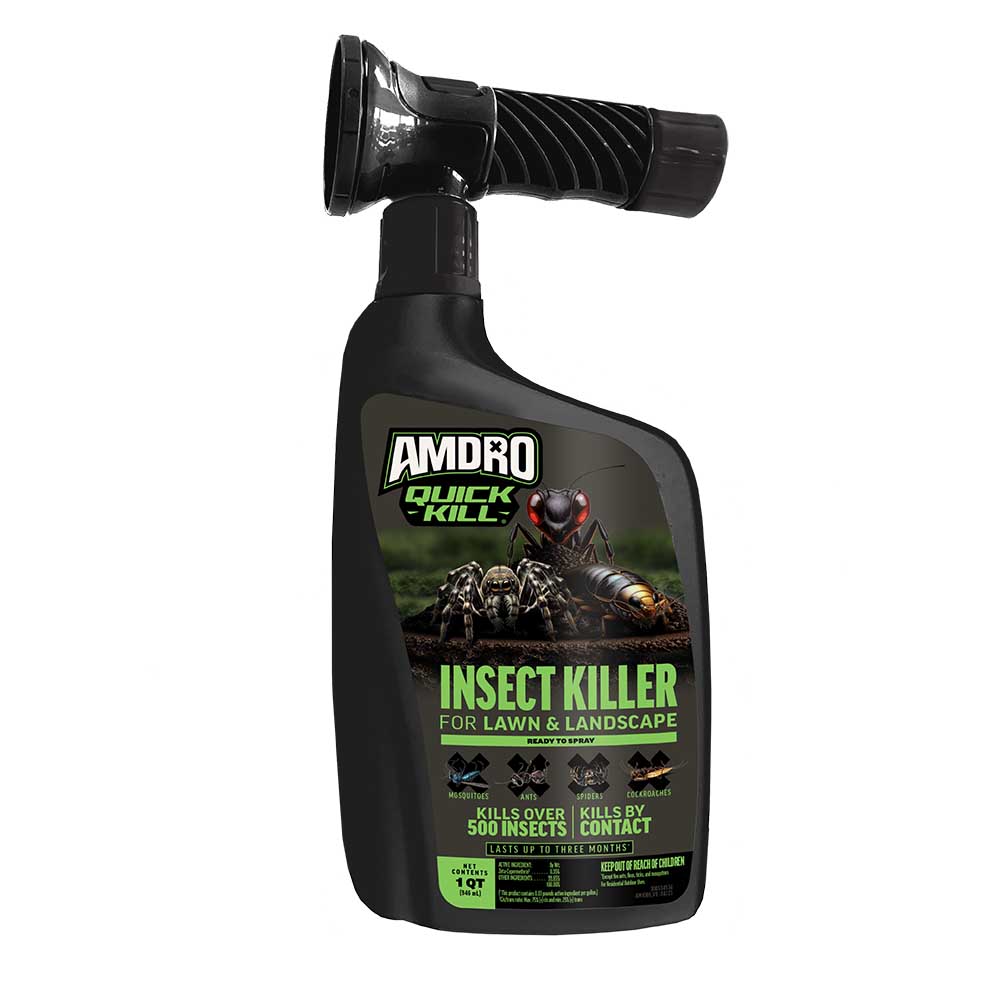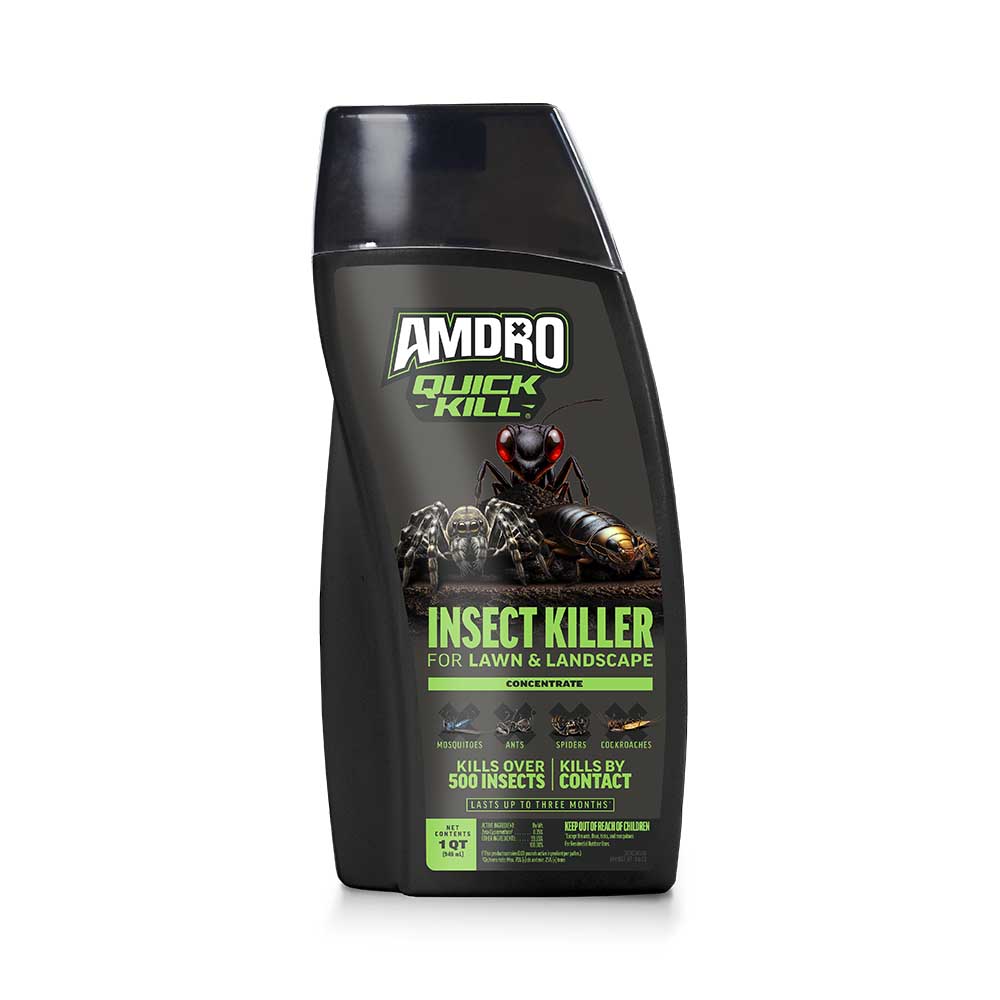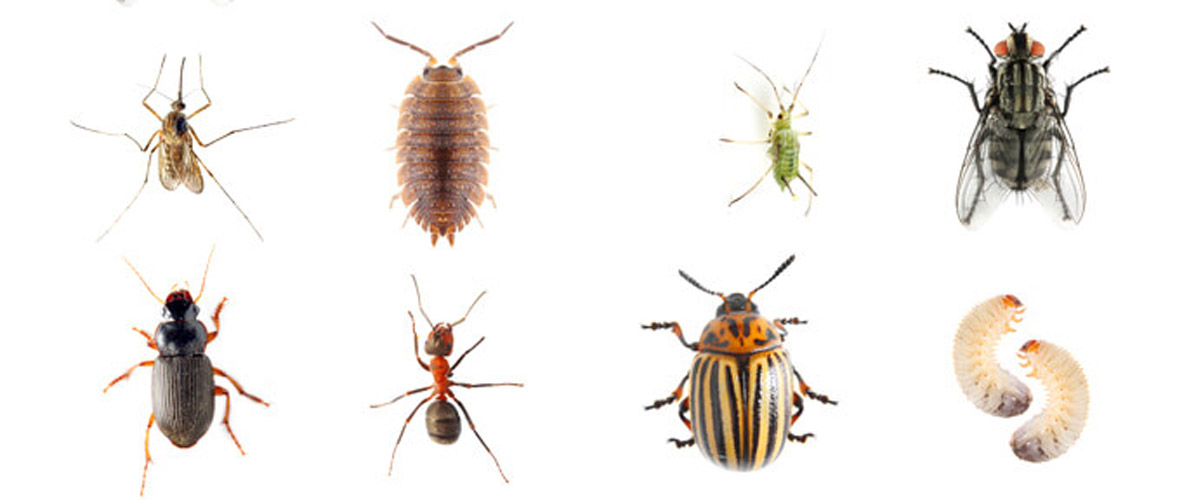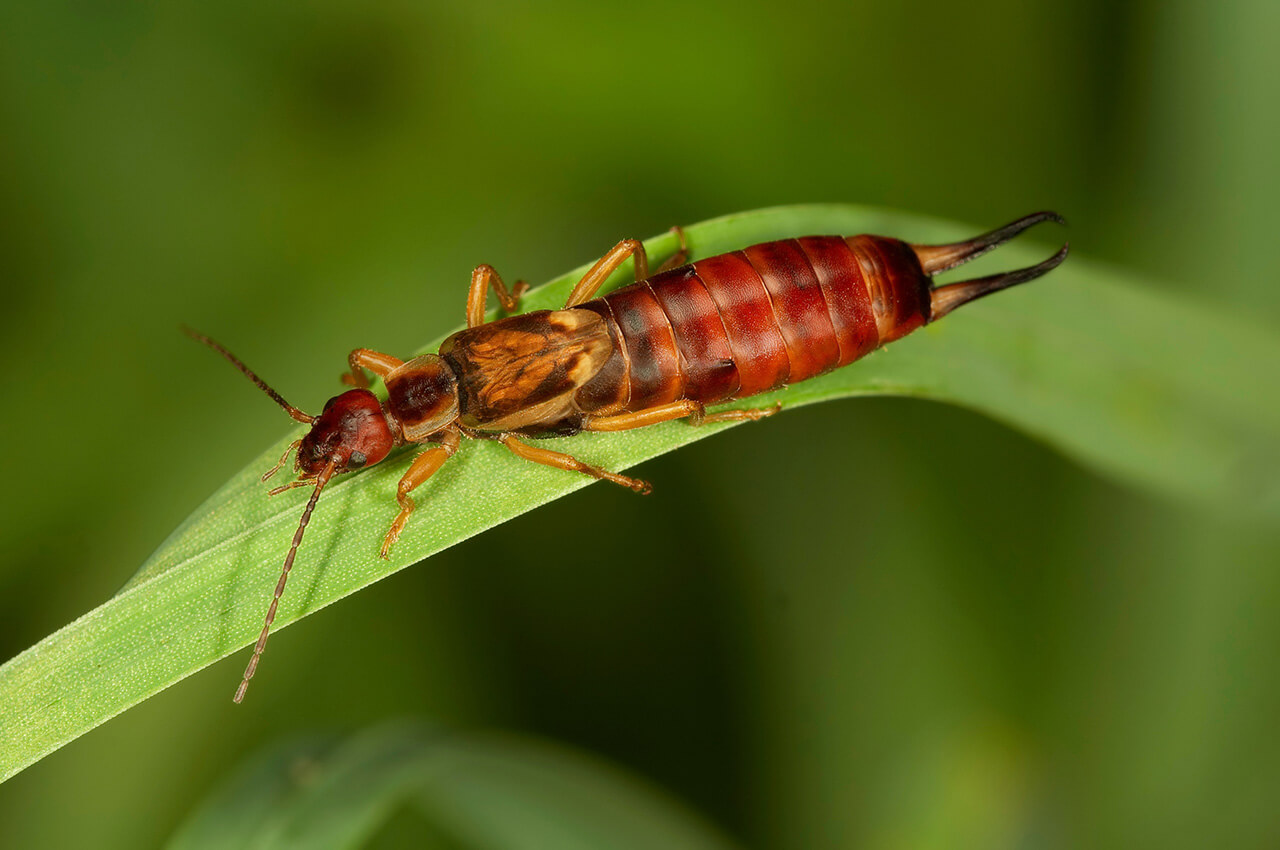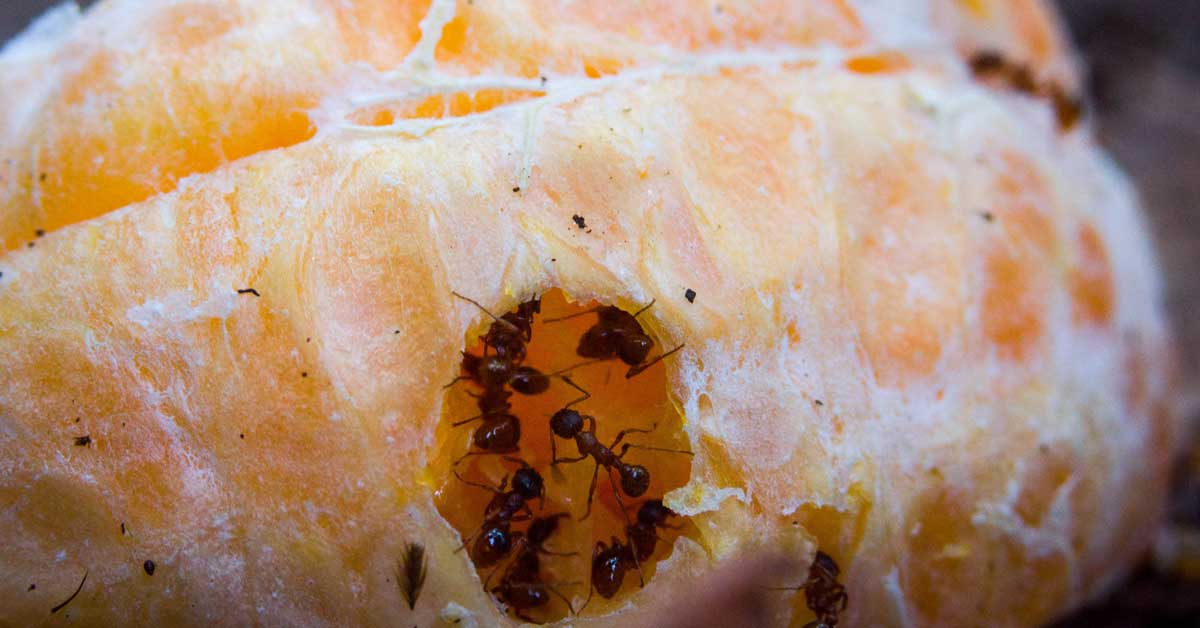Aphids
APHID IDENTIFICATION
Also known by the unsavory nickname "plant lice," aphids are small, soft-bodied insects that attack a variety of garden and landscape plants. Even within a single aphid species, these fragile common pests may be green, black, yellow, orange, pink or red — or a mixture. They may look wooly or waxy as well.
Unlike ants, which have very distinct body segments, aphids have defined heads on segmented, but undefined, bodies. At maturity, they typically measure 1/16 to 1/8 inch long, with shapes that vary from teardrop or pear-like to oval and round. Their distinct heads have segmented antennae and piercing, sucking mouthparts designed to damage plants. Most aphids don't have wings, but some may grow wings, particularly during times when their environment is under stress.
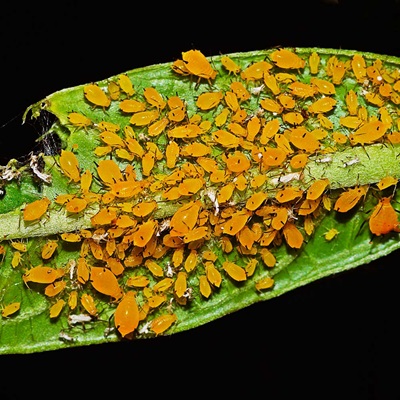
SIGNS OF APHIDS
Different types of aphids attack different plants and different plant parts, but soft, tender new growth is a primary target. Aphid mouthparts pierce plant tissue and suck out vital plant juices. Affected stems, leaves and flower buds become stunted, curled, discolored and distorted as a result. You'll often find the pests within puckered leaves or in large, destructive masses on the newest, youngest plant parts.
When aphids feed on plants, they also excrete a sticky, sweet substance known as honeydew. Honeydew-eating pests, such as ants, may tend and protect aphid colonies, and even relocate aphids to new plant parts. Aging honeydew may develop into black, sooty mold that offers another sign of problem aphids at work.
HOW TO CONTROL APHIDS
Aphids reproduce in normal ways, but they also have the unusual ability to reproduce without mating. Left unchecked, their numbers can skyrocket and devastate your garden in a very short time. When treating affected plants, treat all plant surfaces, including both the upper and lower leaf surfaces, as well as stems and buds.
These Amdro® brand products can help you kill aphids (and more than 500 other insect pests) before more damage is done:
- Amdro Quick Kill® Outdoor Insect Killer Ready to Spray works in minutes to kill aphids and keep protecting against pests for up to three months. There's no need to mix or measure — just attach a regular garden hose to the container and spray all plant surfaces to the point of runoff.
- Amdro Quick Kill Outdoor Insect Killer Concentrate, complete with an easy-to-use measuring cap, starts working by contact to kill aphids and protect your plants against new invasions for up to three months. Dilute the product with water according to label instructions and apply with a brush or a regular lawn and garden sprayer.
APHID TIPS
To keep their honeydew supply flowing, some ants protect aphids from natural insect enemies that could help keep their numbers down. For double the impact, treat for ants when you treat for aphids.
Always read product labels and follow the instructions carefully. Amdro and Amdro Quick Kill are registered trademarks of Central Garden & Pet Company.
Pest Gallery
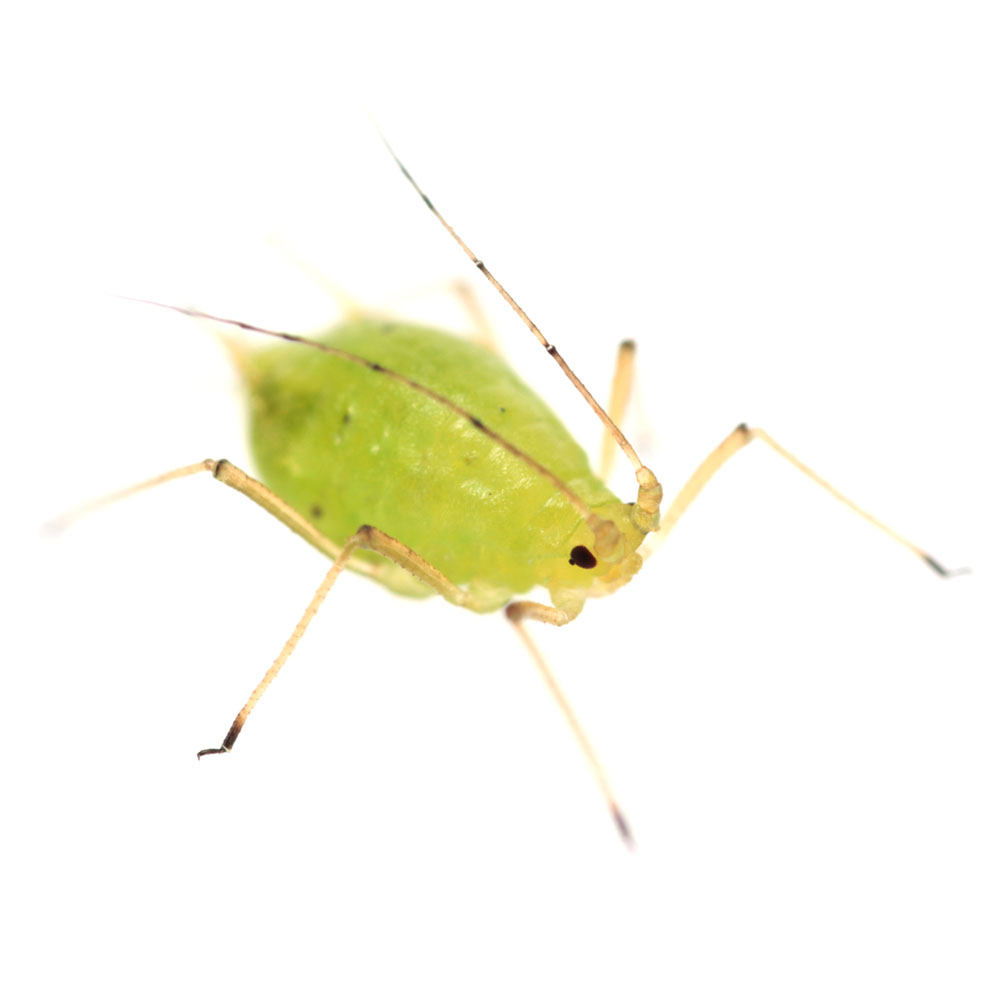
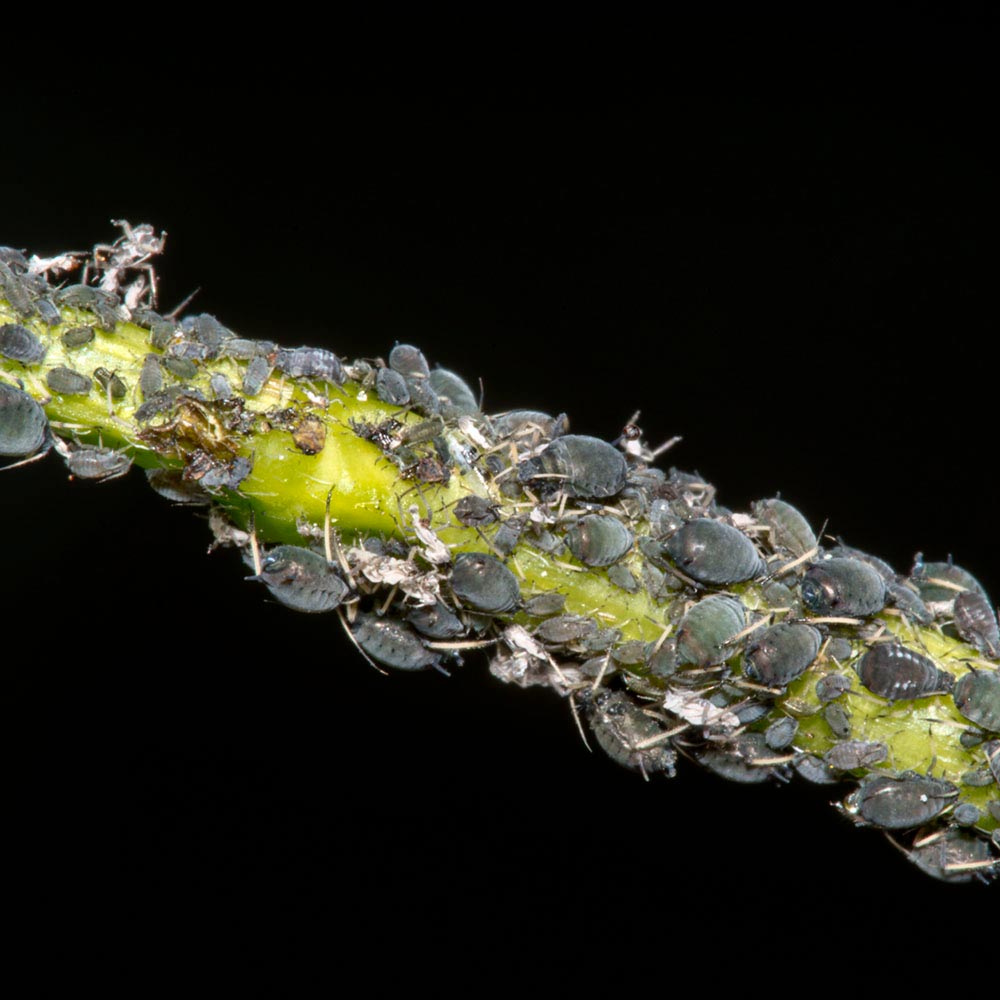
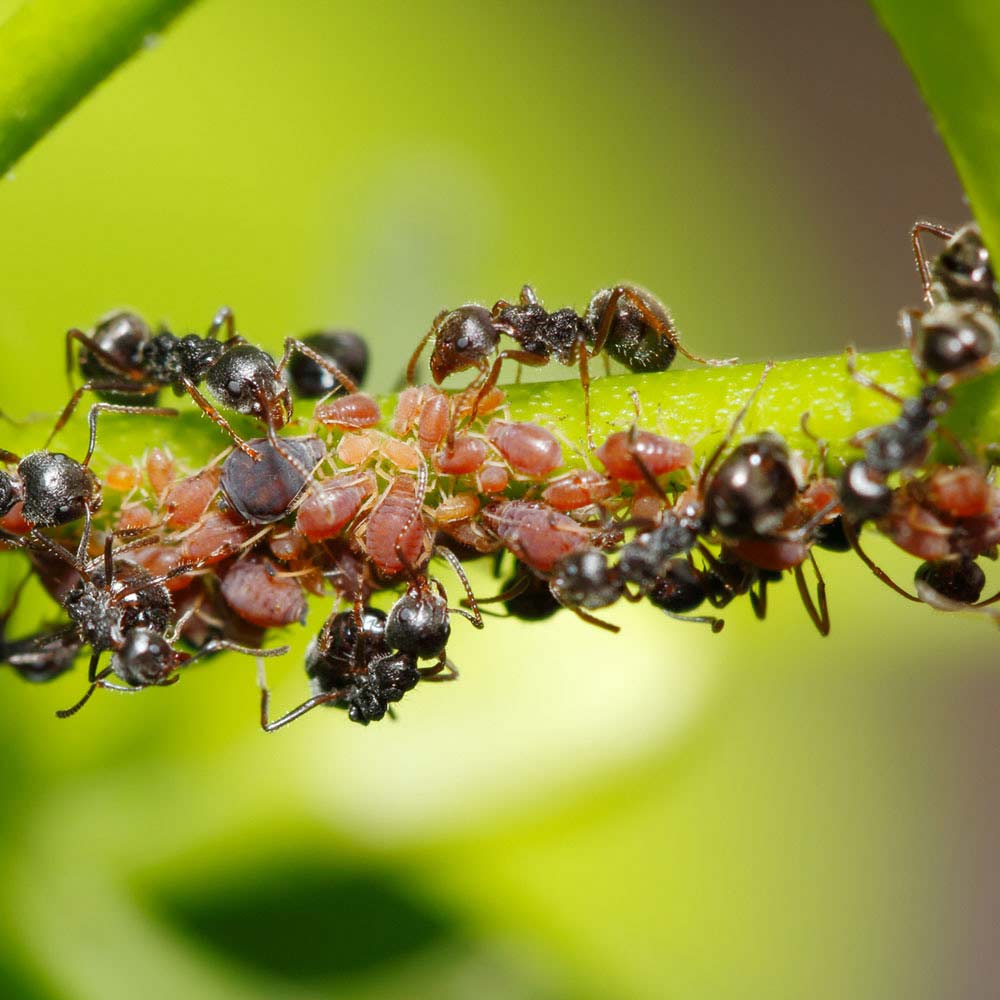
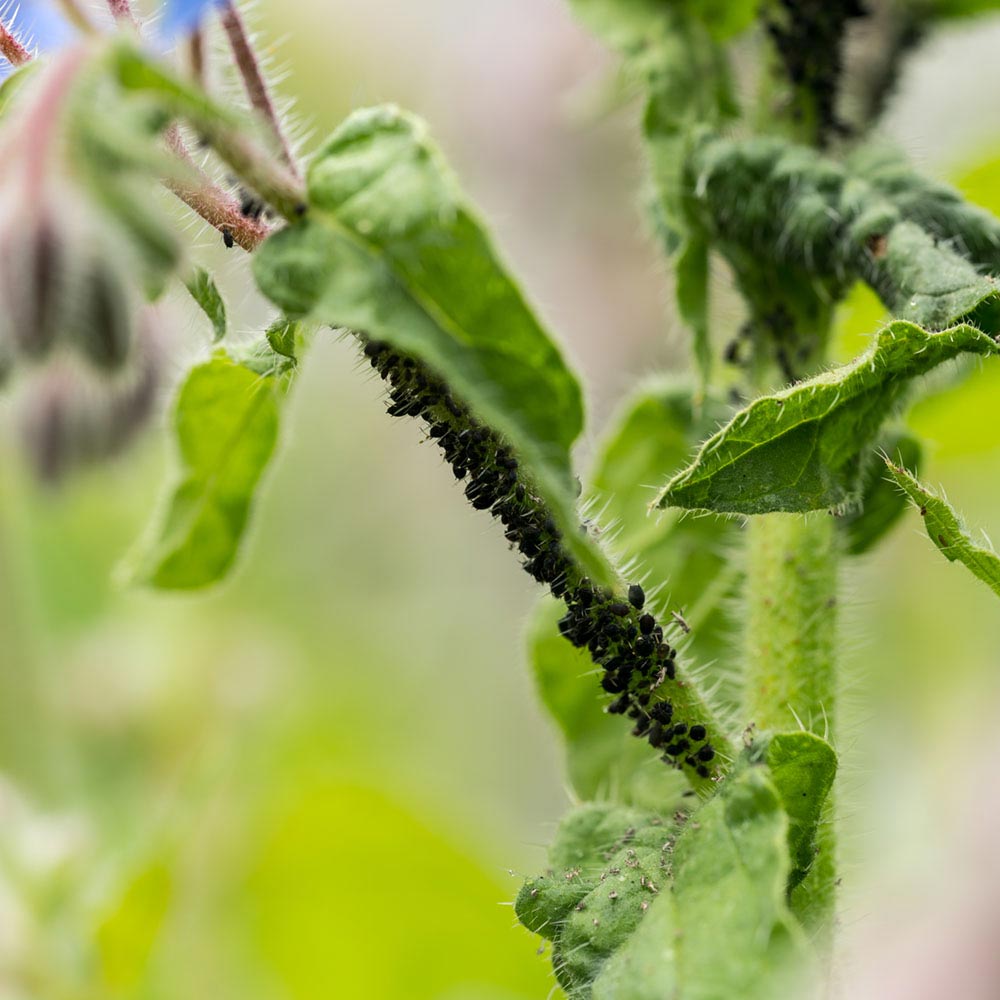
Is this not your insect?


